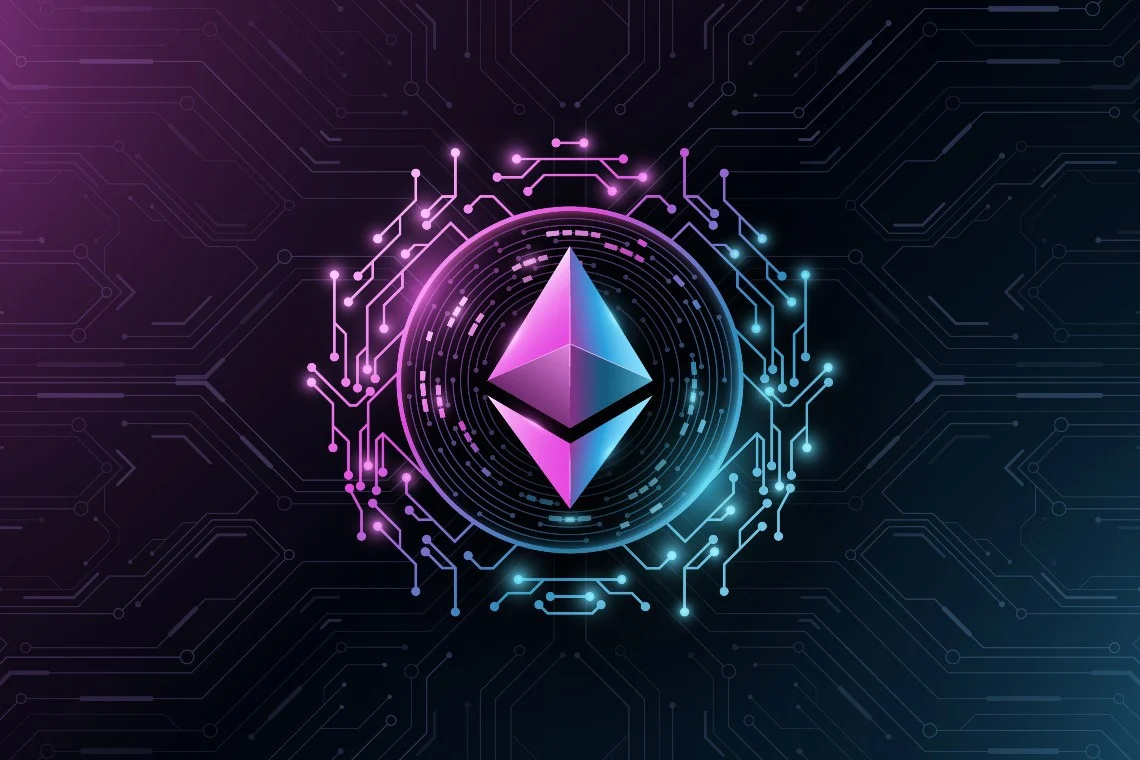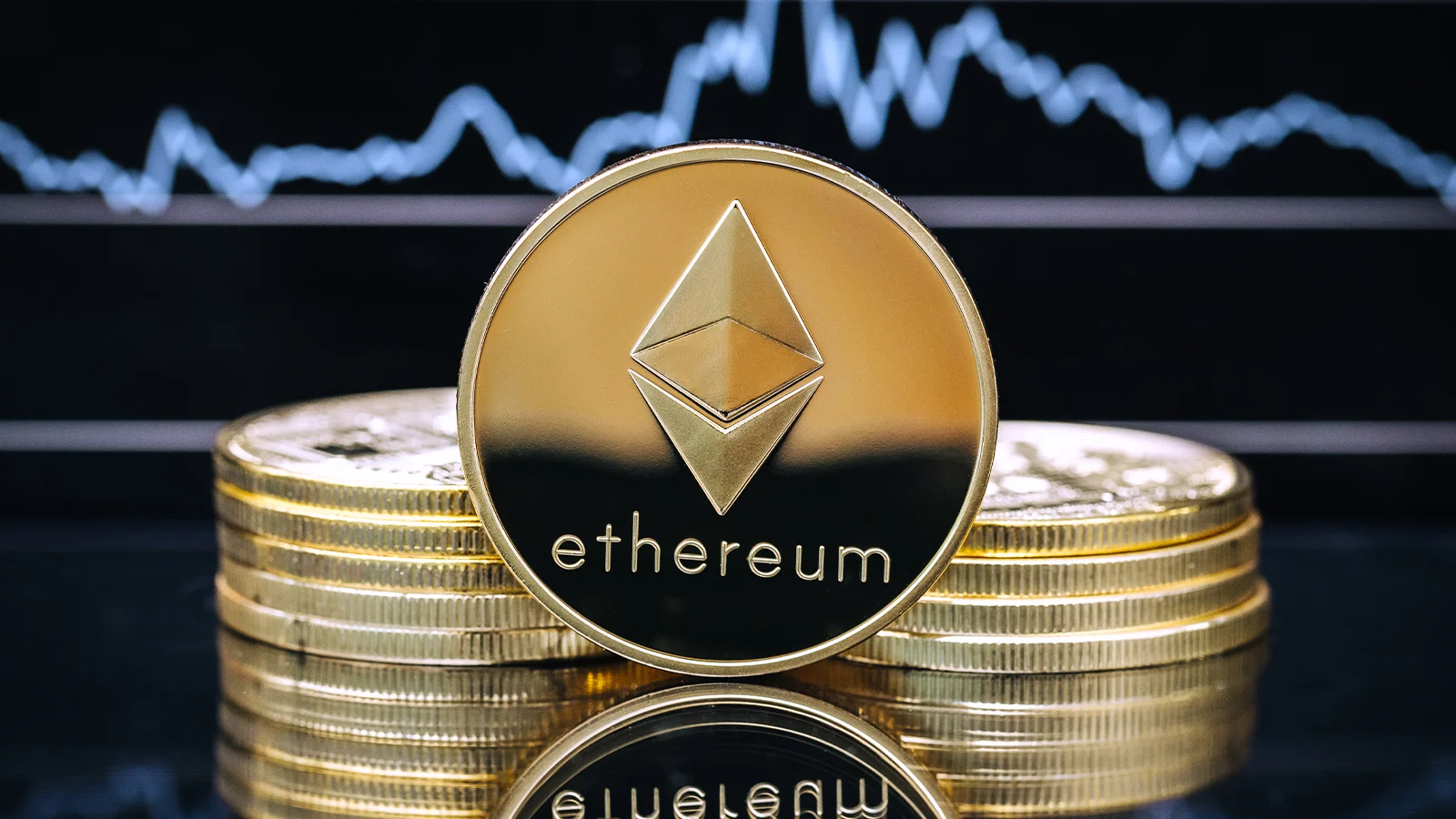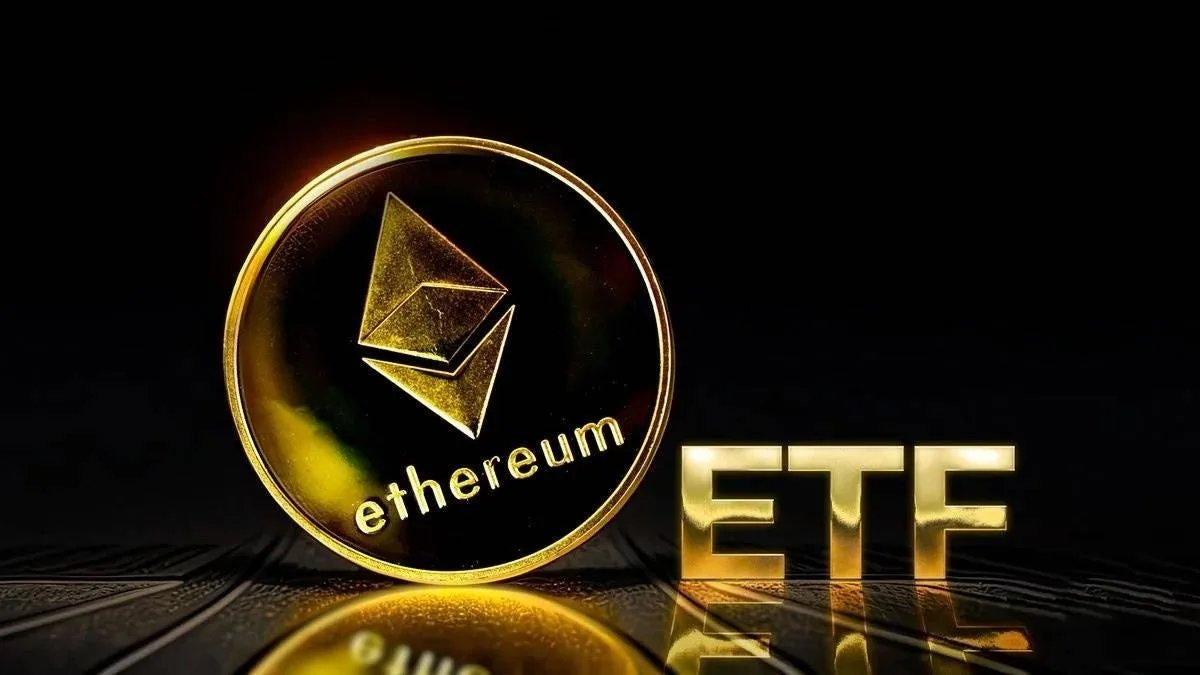|
Getting your Trinity Audio player ready...
|
Ethereum co-founder Vitalik Buterin has reignited hope for lower transaction costs with a new proposal, EIP-7706. This Ethereum Improvement Protocol focuses on a novel gas model specifically designed for call data, a key element within Ethereum transactions.
The Gas Conundrum
Currently, Ethereum transactions are burdened by two main gas fees: one for execution, covering the computational power needed for processing the transaction, and another for storage, which handles the cost of storing data in “blobs.” Buterin’s EIP-7706 proposes introducing a third, independent gas fee solely for call data – the information that interacts with smart contracts during transactions.
This translates to a more nuanced fee structure on the Ethereum blockchain. Each transaction will have a separate charge for the data it transfers, independent of the fees associated with executing smart contract code or data storage.
A Unified Approach
The new gas model introduces a transaction type with “max_basefee” and “priority_fee” acting as vectors, assigning values for execution gas, blob gas, and the newly introduced call data gas. Notably, the current system employs separate mechanisms for adjusting the base fee of transaction execution cost and blob storage.
With EIP-7706, Buterin suggests a unified approach for all three gas fees. This aims to specifically reduce transaction costs for transactions that involve large amounts of data but don’t necessarily require significant computational power. If implemented, the Ethereum network would independently set call data costs, decoupling them from other fees.
Also read: Ethereum Co-Founder Vitalik Buterin Proposes EIP-7702 to Refine Account Abstraction on the Network
A Dynamic Solution
Buterin proposes managing all three gas types through a dynamic model, allowing for simultaneous fee adjustments. This approach, combined with the separate call data gas fee, could significantly reduce the “theoretical max call data size of a block,” according to Buterin. Additionally, basic economic analysis suggests that, on average, call data would become “considerably cheaper.”
Ethereum’s struggle with gas fees has been a long-standing issue. The transition from proof-of-work to proof-of-stake, intended to improve scalability and reduce costs, hasn’t yielded the promised results. However, EIP-7706 offers a potential solution, building upon previous EIPs to finally address the network’s scalability woes.
While EIP-7706 is still a proposal, it signifies a renewed commitment from the Ethereum community to tackle gas fees. If implemented, it could pave the way for a more affordable and scalable Ethereum network, attracting new users and fostering further innovation.
I’m a crypto enthusiast with a background in finance. I’m fascinated by the potential of crypto to disrupt traditional financial systems. I’m always on the lookout for new and innovative projects in the space. I believe that crypto has the potential to create a more equitable and inclusive financial system.




